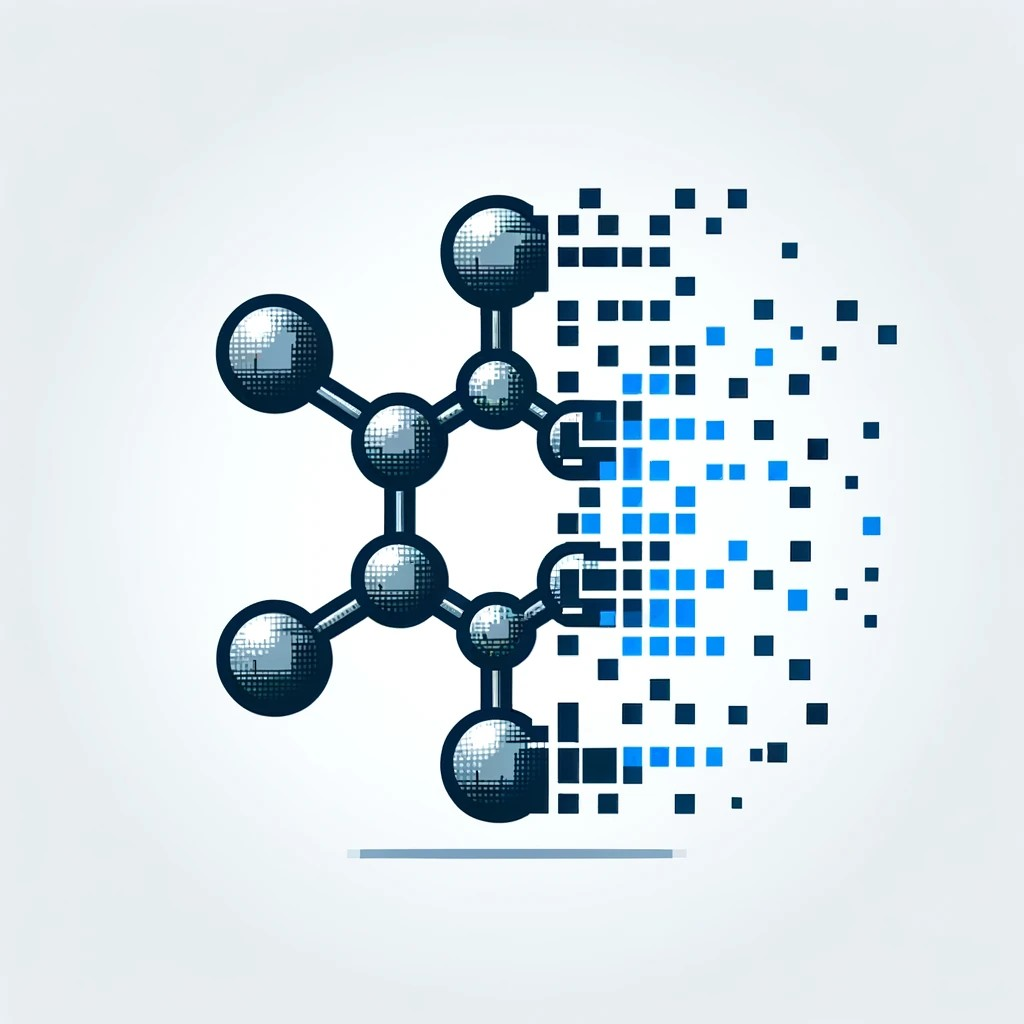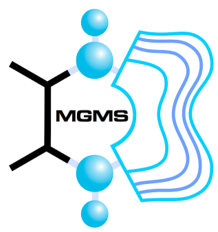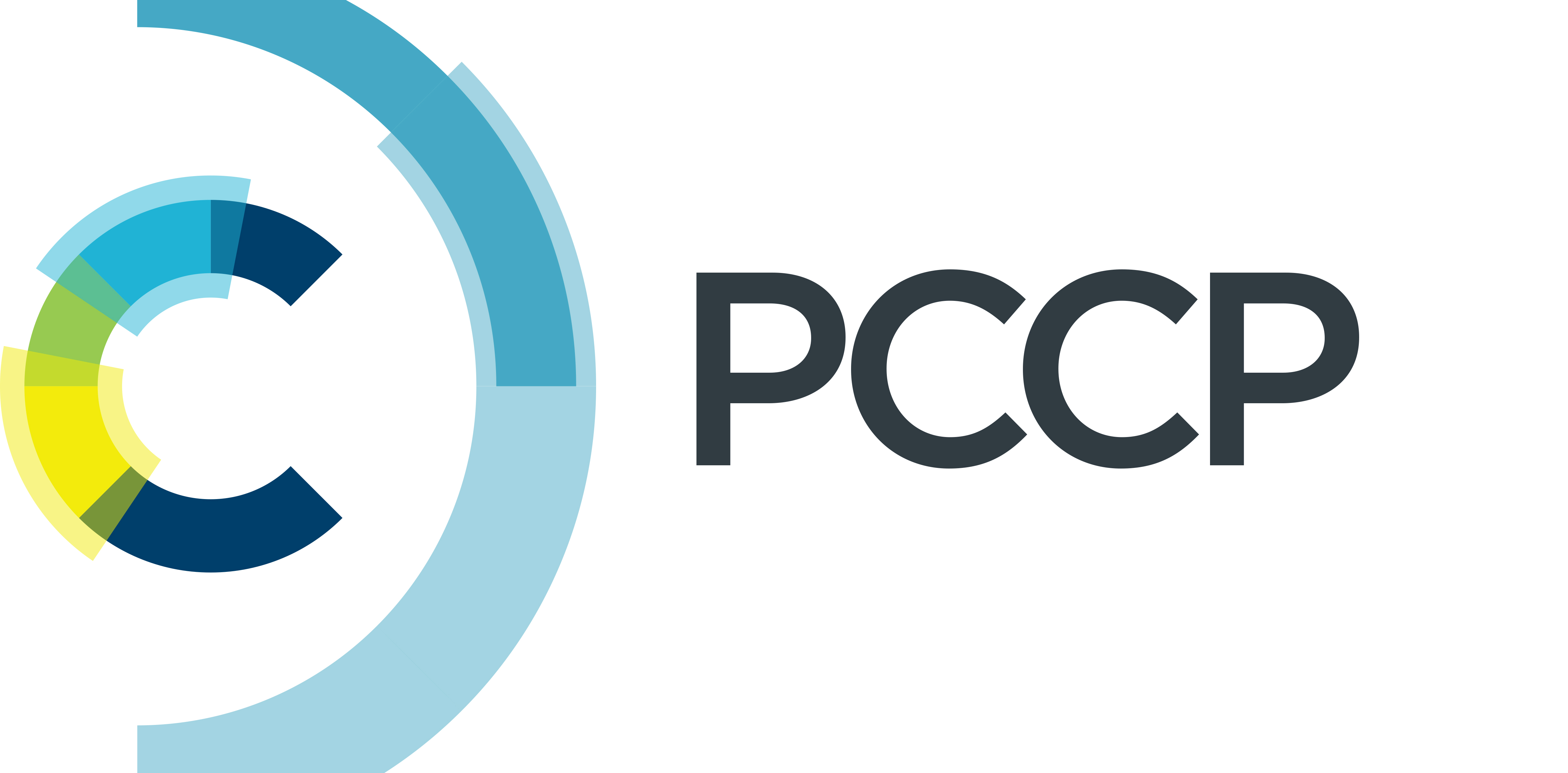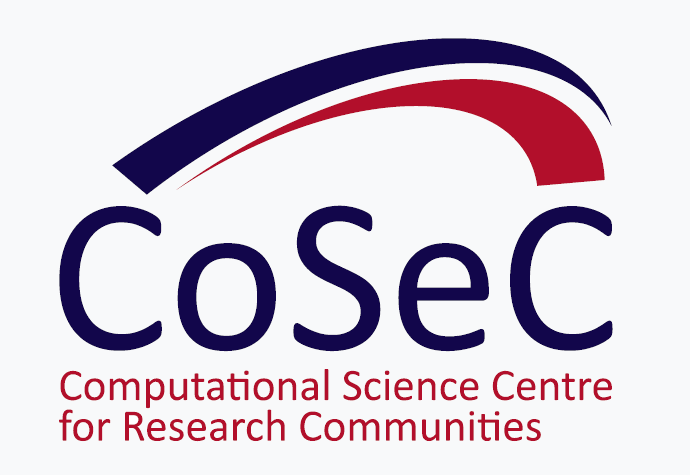To Wednesday 03 July 2024 - 13:00
CCPBioSim, MGMS and the conference organising committee are delighted to be able to invite you to:
The 10th Annual CCPBioSim & MGMS 2024 Conference: Molecular modelling in structure-based drug design
This year’s CCP-BioSim annual conference is held jointly with the Molecular Graphics & Modelling Society (MGMS), and has the theme of molecular modelling in structure-based drug design. Accurate computational models of the dynamics and interactions of biological molecules have the potential to help us understand human diseases, and rationally design new small molecule and biological therapeutics to combat them. This conference will showcase the latest computational methods in structure-based drug design. We will explore the important interplay between simulation and experiment, and highlight case studies in computer-aided design from industry and academia.

We invite abstracts for posters and talks in any area of molecular modelling and biomolecular simulations in the area of structure-based drug design. Topics include:
- From Desktop to Benchtop and Back. How have the latest experimental techniques such as cryo-EM and fragment-based drug design informed and guided computational work?
- Molecular Modelling Methods, including for example physics-based and/or multiscale modelling, docking, enhanced sampling and visualisation.
- Machine Learning. From protein structure prediction to generative design, how is machine learning driving computational discovery?
- Case Studies in Computer-Aided Design. What impact have the above methods made in academic and industrial drug discovery?
We look forward to seeing you in Newcastle!
Venue
The conference will be taking place in the Dame Margaret Barbour Building at Newcastle University. [Google Map]
Confirmed Speakers
- Mohammed AlQuraishi, Columbia University
- Joe Bluck, Bayer
- Cecilia Clementi, Freie Universität Berlin (online)
- Marco de Vivo, Istituto Italiano di Tecnologia
- Maria Kurnikova, Carnegie Mellon University
- Antonia Mey, University of Edinburgh
- Giulia Rossetti, Forschungszentrum Jülich
- Matthieu Schapira, University of Toronto (online)
- Giulio Tesei, University of Copenhagen
- Frank von Delft, Diamond Light Source
Programme
The programme can be downloaded here.
The book of abstracts including programme and conference information is available here.
Registration
Abstract submission deadline for contributed talks: 29 May 2024
Abstract submission deadline for posters: 14 June 2024
In-person participants registration deadline: 14 June 2024
Online-only participants registration deadline: 26 June 2024
Registration fee: £120
Online only fee: £10
Registration includes the talks, poster sessions, lunch and coffee breaks on all three days, and the conference dinner. Travel and accommodation are not included. Please follow this link to register for the conference.
Contributed Oral or Poster Presentations
We invite all participants to submit an abstract for oral and poster contributions. Please download this template to prepare your abstract, change the filename to include your full name (Surname_GivenName.docx), and upload your abstract together with an indication of whether you want to be considered for an oral and/or poster contribution at the registration link.
There are a number of contributed talk slots available, and posters will be on display during the whole conference, with poster sessions taking place on both evenings. Please note that oral contributions can be presented online, but our poster session will be taking place in person. So if you plan to attend online, your abstract will be considered only as an oral presentation (though in person attendance is encouraged if possible). All selected contributing speakers will be notified in advance.
The organising team is committed to diversity and inclusivity. Individuals belonging to underrepresented and marginalised groups in STEM/Software development are particularly encouraged to apply.
Accommodation
Accommodation is not provided for this conference and should be arranged separately by the attendee. Several hotels are conveniently located close to the conference venue, and we have secured some favourable room rates. Follow this link to book your hotel.
Please note that a scam email appears to be targeting speakers at this conference offering hotel accommodation. Do not respond to these emails or send any personal information.
If you require childcare facilities during the conference, please do get in touch with the organisers as soon as you can.
Organising Committee
Dr Daniel Cole, Newcastle University
Dr Agnieszka Bronowska, Newcastle University
Dr Natalie Tatum, Newcastle University
Katy Sawyer, Newcastle University
Contact
About CCPBioSim
CCPBioSim is an inclusive wide-ranging project, bringing together chemists, physicists and chemical engineers as well as researchers from all branches of ‘molecule-oriented’ biochemistry and biology. Our aim is to involve experimentalists and computational specialists, sharing the belief that the best science can be done when theory and experiment are closely integrated. CCPBioSim develops and provides training and tools to lower the barrier to non-experts becoming proficient and productive users of biomolecular simulation techniques. We also work to develop and apply advanced methods.
About MGMS












